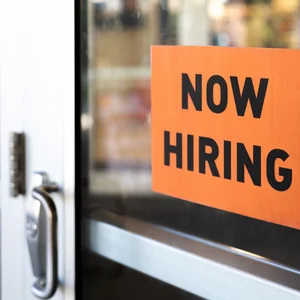
Italy has enacted the European Union’s first national law specifically regulating artificial intelligence, setting penalties and safeguards intended to curb misuse while encouraging innovation.
The legislation, championed by Prime Minister Giorgia Meloni’s government and consistent with the EU’s broader AI Act, establishes rules for “human-centric, transparent and safe AI use” with an emphasis on “innovation, cybersecurity and privacy protections.”
Individuals who distribute harmful AI-generated or manipulated content such as deepfakes can face prison terms of one to five years. Penalties increase when the technology is used for crimes, including fraud or identity theft. The measure also requires clear disclosure and human oversight for AI systems operating in workplaces and sectors like healthcare, education, justice and sports.
Children under 14 will need parental consent to access AI services under the act.
On intellectual property, AI-assisted works will receive protection only if they reflect genuine human creativity, similar to the U.S. Copyright Office. Text and data mining with AI is limited to non-copyrighted material or to scientific research carried out by approved institutions.
Alessio Butti, undersecretary for digital transformation, says the law “brings innovation back within the perimeter of the public interest, steering AI toward growth, rights and full protection of citizens.”
The Guardian notes that enforcement will be handled by the Agency for Digital Italy and the National Cybersecurity Agency. Parliament approved the bill after a year of debate.
“There can and must be an Italian way when it comes to artificial intelligence, an Italian way to develop artificial intelligence and an Italian way to govern artificial intelligence,” Meloni remarked about the technology last year. She called it “the greatest revolution of our time,” but stressed it must develop “within a framework of ethical rules that focus on people and their rights and needs.”
The law also commits up to €1 billion (approximately $1.2 billion) from a state-backed venture fund to support firms in AI, cybersecurity and telecommunications, a modest amount compared with U.S. and Chinese investments.
In June, Denmark gave people copyright over their own faces and voices to fight the rise of AI-generated deepfakes in a bid to strengthen protections against digital impersonation.



